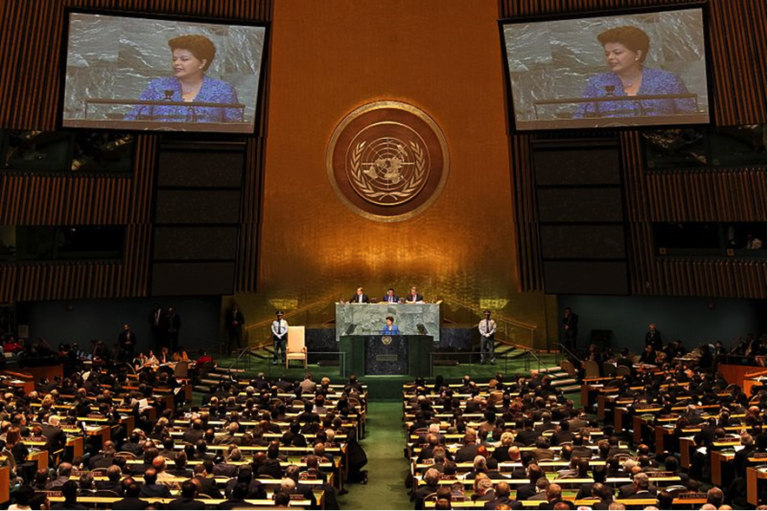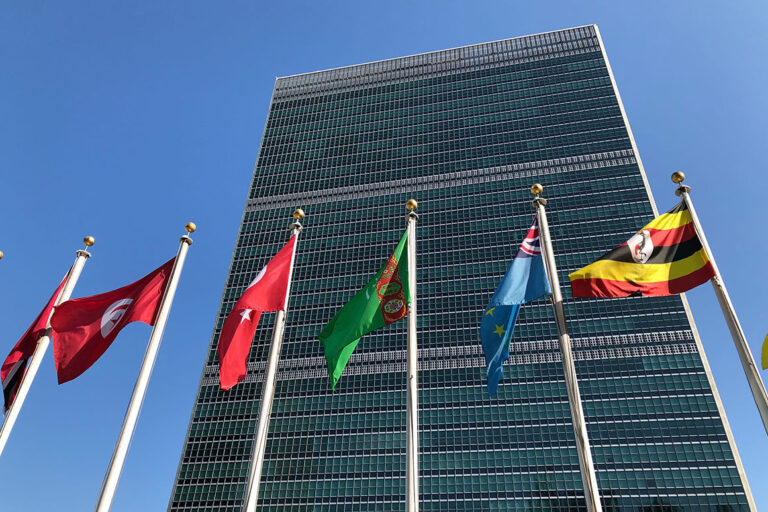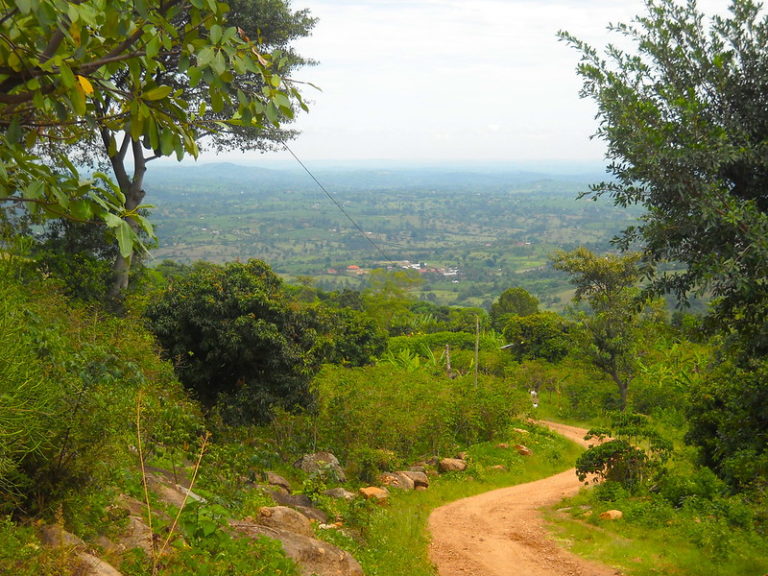The Atrocity Prevention Study Group (APSG) is an innovative forum for policymakers and practitioners to discuss both practical and theoretical aspects of atrocity prevention on an unclassified, non-partisan, non-attributable basis. The APSG connects stakeholders inside and outside of U.S. government with scholars and experts to share resources and knowledge on atrocity prevention and identify challenges, good practices, lessons learned, and policy options. It is a one-of-a-kind forum held monthly to keep stakeholders up-to-date with the latest atrocity prevention scholarship, deepen understanding of potential atrocity situations, and offer resources for decision-making.
For more information on the APSG, please contact Jim Finkel at [email protected]
Events
- Past
- Event
- December 14, 2023
- Past
- Event
- November 15, 2023
Research & Writing

- July 29, 2014



















